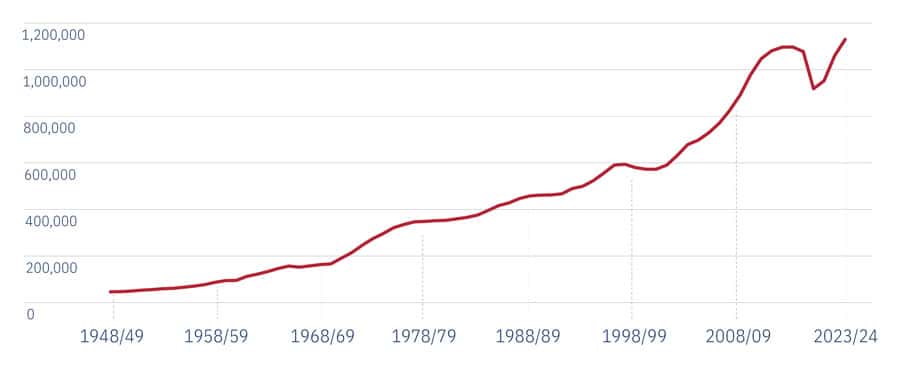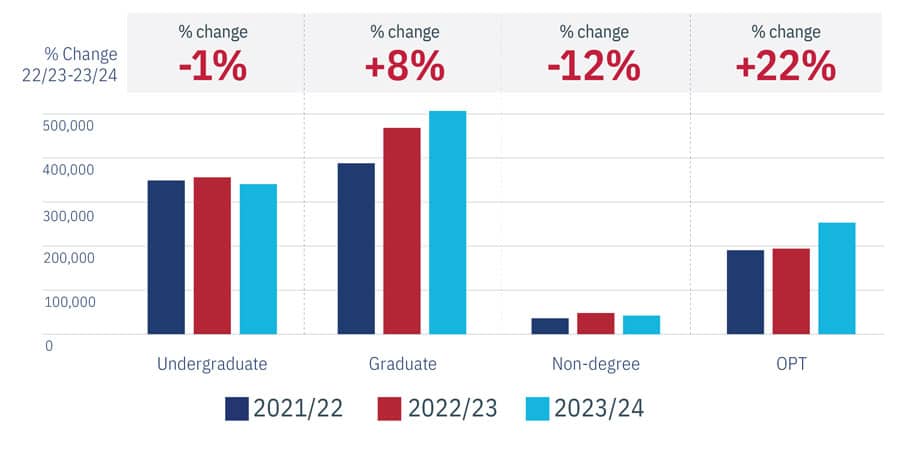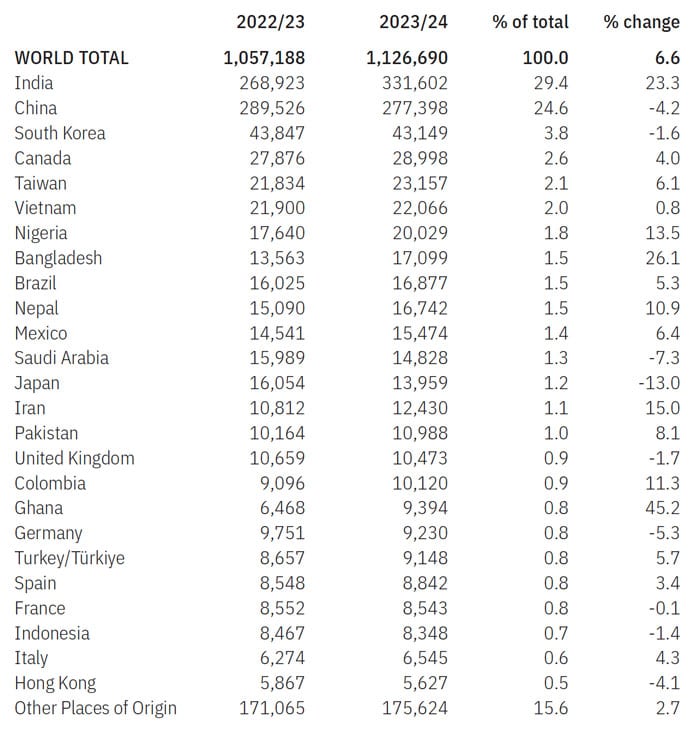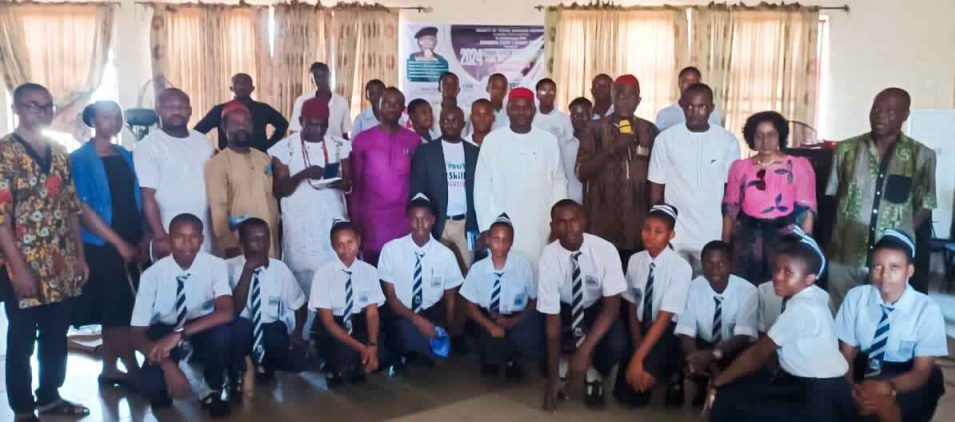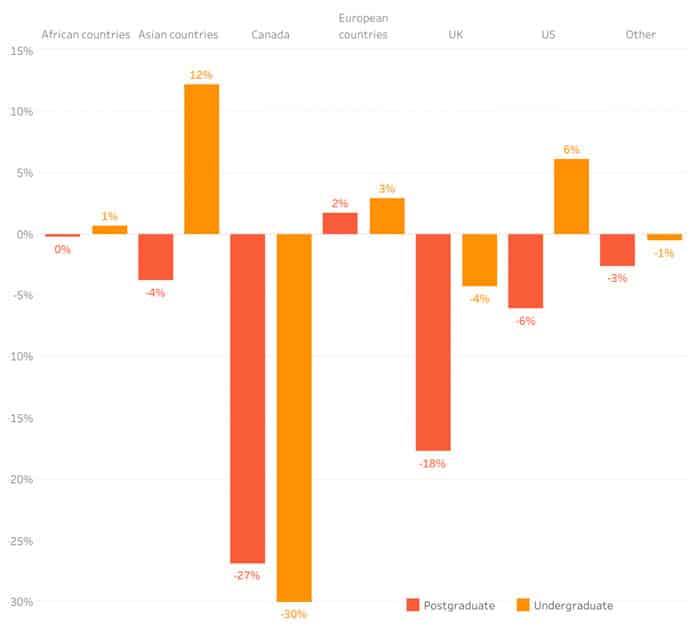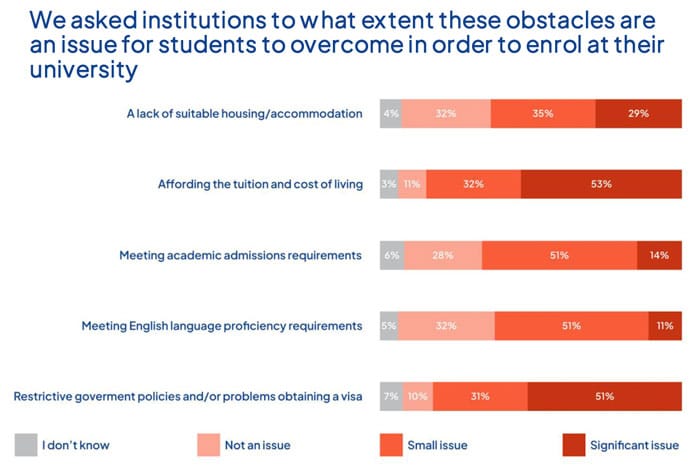In July 2024, Immigration, Refugees and Citizenship Canada (IRCC) proposed a series of regulatory changes to the country’s international student programme. The new rules require a new level of compliance reporting on the part of Canadian institutions and schools. They also:
- Provide IRCC with the authority to suspend study permit processing for non-compliant institutions;
- Require that students apply for a new study permit when transferring to a new institution; and
- Expand the limit on off-campus work during study from 20 hours per week to 24 hours per week.
On 15 November 2024, IRCC formally announced that all of those new rules are in immediate effect, including the expansion of off-campus work rights to a maximum of 24 hours per week. Of the new compliance requirements, IRCC explains, “Twice a year, designated learning institutions are expected to submit a report to IRCC that indicates whether each study permit holder associated with their school has remained enrolled. Students who are no longer enrolled can be investigated and face enforcement action, as they may be breaking their study permit conditions.”
What all stakeholders should understand from this change is that IRCC is now effectively assuming a greater role for the oversight (and sanctioning) of Designated Learning Institutions (DLIs) than has previously been the case.
When first introducing the new regulations, IRCC explained:
“The administration of the International Student Programme (ISP) is a shared responsibility between IRCC and Provinces and Territories (PTs). For its part, IRCC is responsible for setting policy regarding the entry of international students, establishing the conditions study permit holders must meet while in Canada, and deciding whether a study permit should be issued to an applicant.”
“For DLIs [Designated Learning Institutions] to receive international students to study in Canada, they must be designated by the province or territory based on a set of standards [mutually agreed by the province or territory and IRCC]…PTs also set their own standards that DLIs must meet in order to be designated by their jurisdiction. PTs inform IRCC when institutions need to be added or removed from the public DLI list, which enumerates the institutions who are allowed to receive students within a given province or territory.”
With the introduction of the new rules ushered in on 15 November, IRCC is in effect granting itself the authority to compel DLIs to comply with new reporting requirements, to impose conditions on non-compliant DLIs (including the suspension of study permit processing “for a maximum period of 12 consecutive months”), and to also compel international students in Canada to notify IRCC when they change DLIs.
“Codifying the requirement to submit biannual compliance reports would allow IRCC to close the compliance gap that exists in [the current] regime,” concludes IRCC. “[And] requiring international students to obtain a new study permit when transferring to a new DLI would ensure that IRCC can more accurately assess and track student compliance with conditions set out in their permit and identify when they change DLIs.”
For additional background, please see:
Source
